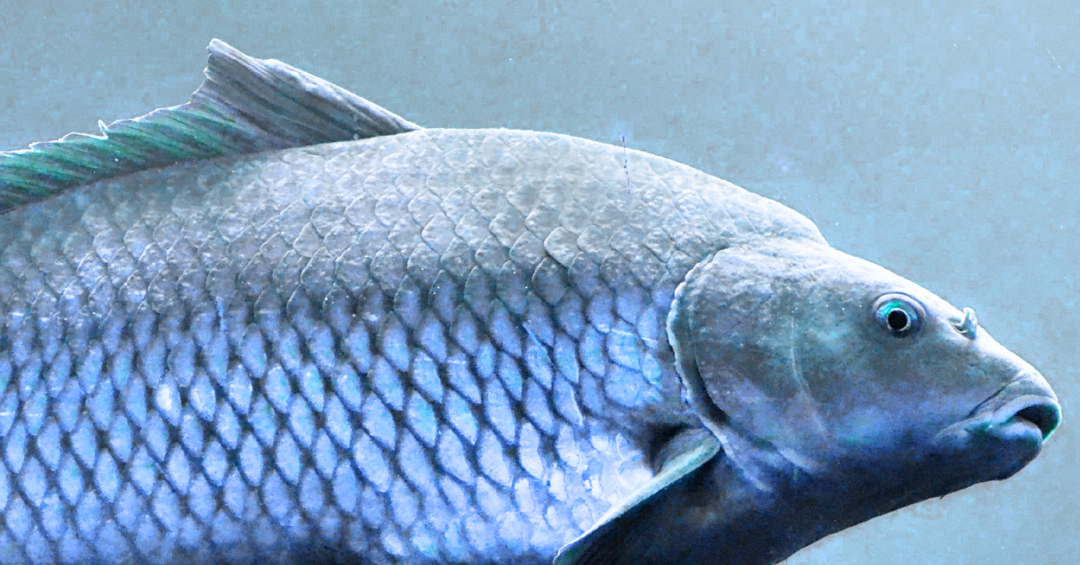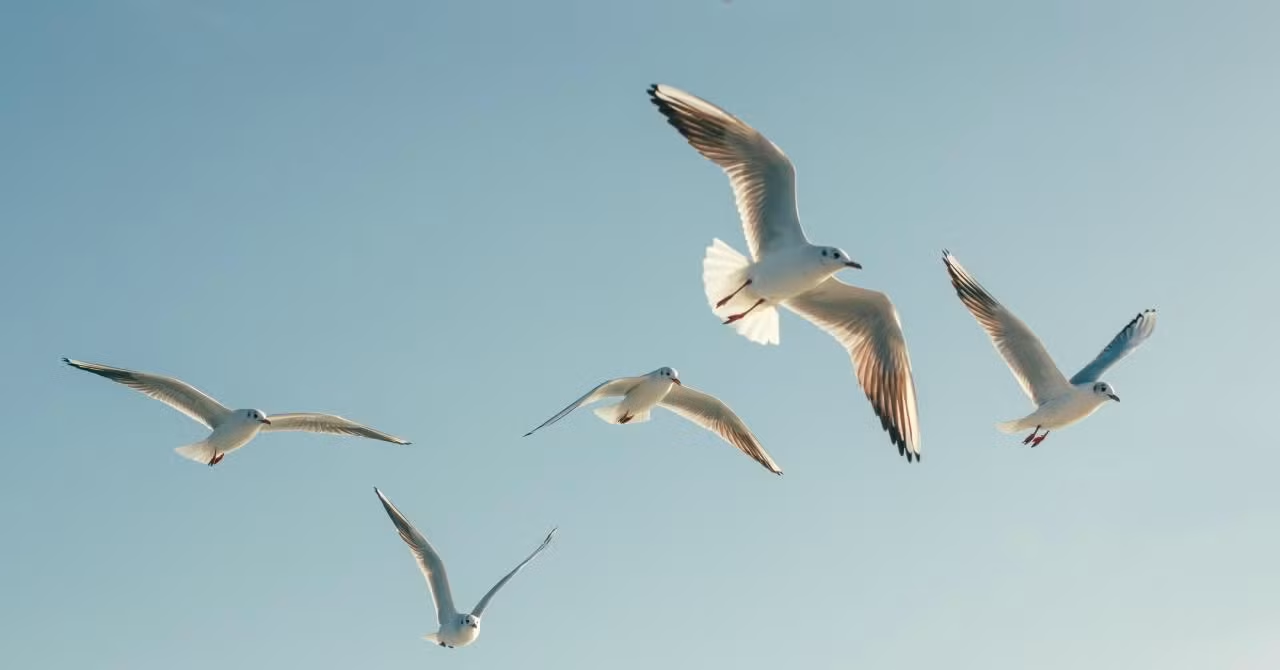Hi FAST!
I would like to share some disturbing news from Sweden.
By law, cows in Sweden must be able to graze outside in the summer, reflecting their natural behavior and needs. A recent government inquiry has, however, proposed removing this law – threatening a cornerstone of Swedish animal welfare that has stood for decades.
This law, introduced in part as a tribute to Swedish author Astrid Lindgren on her 80th birthday, ensures that cattle older than six months, except for bulls, are given the opportunity to graze freely in summer. However, the inquiry recommends abolishing the requirement for cows housed in free-stall systems, which represent around 80% of cows in Sweden’s dairy industry. Whether the Swedish government chooses to proceed with the proposal remains to be seen.
Project 1882 is at the forefront of opposing this inquiry and our “Jag vill beta” (I want to graze) campaign have gathered over 90,000 signatures to defend the grazing rights for cows. We are working tirelessly to raise public awareness, and plan on delivering the petition to the Swedish government in two weeks, pushing to maintain this crucial right for cows.
Read more: https://www.project1882.org/news/swedish-cows-unique-grazing-rights-are-under-threat




